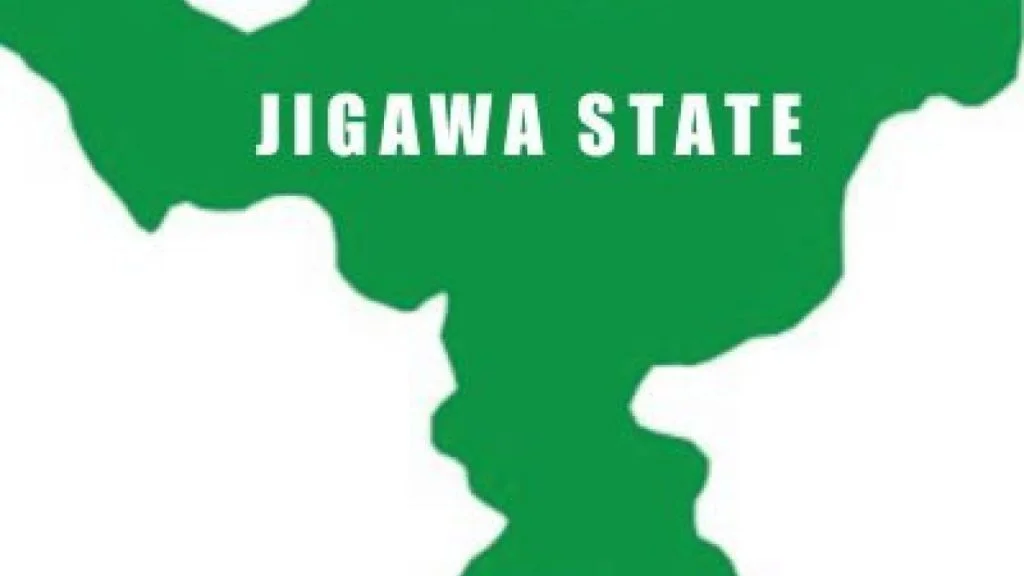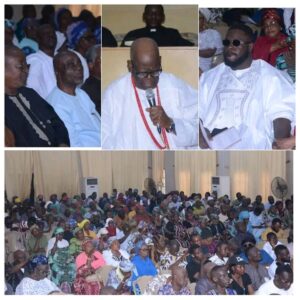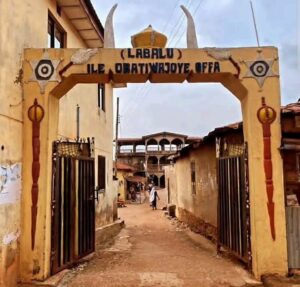
The Exceptional Leadership and Integrity Promotion Initiative (ELIP-I) has called on the Jigawa State Government to shift from unsustainable, short-term expenditures to a more strategic and future-proof economic model aimed at long-term self-reliance and development.
In a statement made available to DAILY POST and signed by its Executive Director, Isah Mustapha, ELIP-I emphasised the urgent need for the state to adopt an investment-led fiscal framework that reduces its overdependence on federal allocations and Pay-As-You-Earn (PAYE) revenue.
Mr Mustapha noted that historical budget trends and revenue patterns show an unhealthy reliance on PAYE as the principal source of internally generated revenue (IGR) — a model he described as both narrow and unsustainable.
“As a civil society organisation committed to inclusive growth, public accountability, and sustainable development in Jigawa State, we urge the State Executive Council to adopt a forward-looking strategy in deploying public funds, particularly the proposed ₦3 billion allocated for economic development,” the statement read.
According to ELIP-I, this fund presents a rare opportunity to pivot the state’s economy towards resilience and sustainability. The organisation recommended that the funds be directed towards high-impact, revenue-generating sectors aligned with the state’s comparative advantages. These include:
Agro-processing and industrial clusters
Mechanised commercial agriculture
Livestock market modernisation
Urban transport terminals and market parks
Property tax reform
Tourism activation
ICT and innovation hubs
If properly implemented, Mr Mustapha argued, these interventions could yield diversified revenue streams, stimulate job creation, attract private investment, and alleviate poverty at scale.
The organisation also raised serious concerns about the state’s recent approval of over ₦500 million for “extra lessons” for foreign students, describing the move as questionable and misaligned with pressing local priorities.
“At a time when many public schools are grappling with poor infrastructure and a shortage of qualified teachers, such expenditure calls for immediate scrutiny,” ELIP-I stated. “There is a pressing need to investigate the rationale behind this allocation and assess the operational status of the purported foreign school.”
In conclusion, ELIP-I urged the State Executive Council to pause and critically evaluate all spending decisions to ensure they deliver sustainable economic and social returns for the people of Jigawa.







